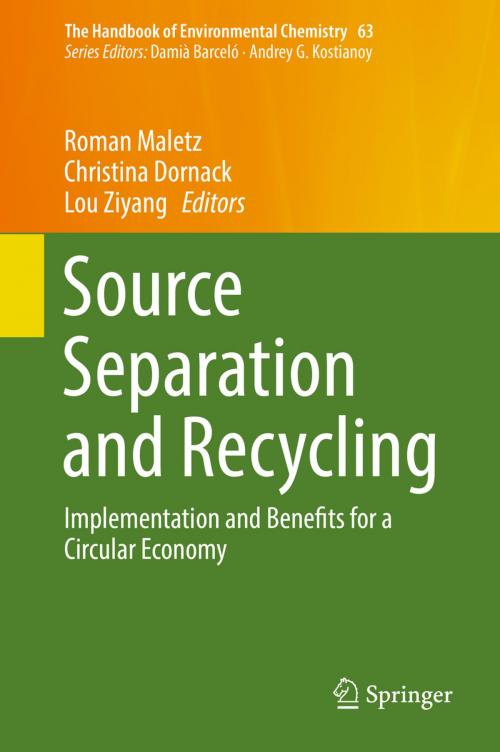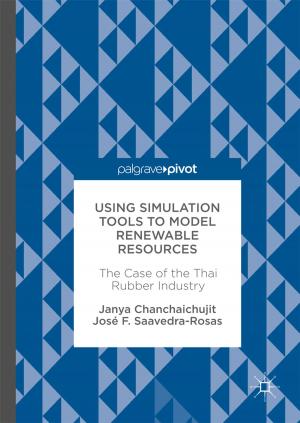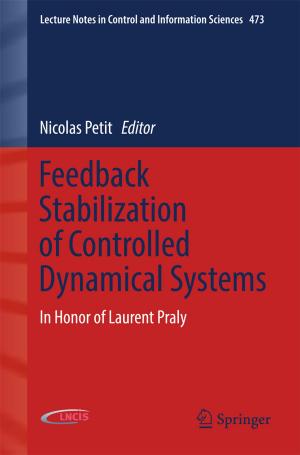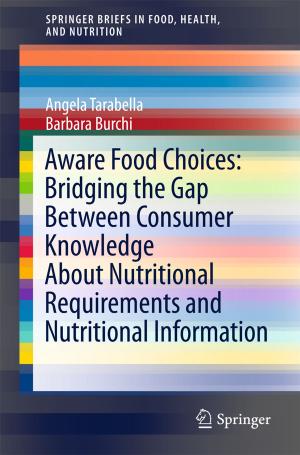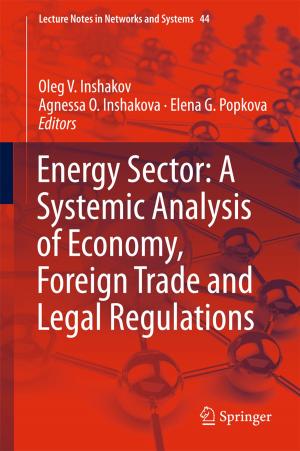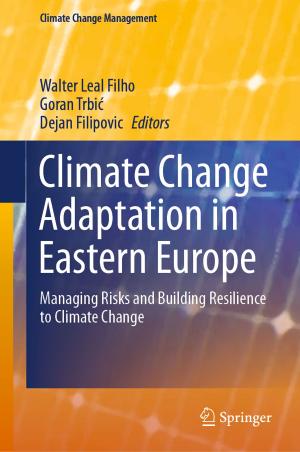Source Separation and Recycling
Implementation and Benefits for a Circular Economy
Nonfiction, Science & Nature, Science, Biological Sciences, Environmental Science, Business & Finance, Economics, Nature| Author: | ISBN: | 9783319690728 | |
| Publisher: | Springer International Publishing | Publication: | March 7, 2018 |
| Imprint: | Springer | Language: | English |
| Author: | |
| ISBN: | 9783319690728 |
| Publisher: | Springer International Publishing |
| Publication: | March 7, 2018 |
| Imprint: | Springer |
| Language: | English |
Source separation of waste and subsequent recycling processes are promising solutions on the road to a circular economy. They reduce waste disposal and the need for resource deployment, while also producing secondary raw materials; as such, they have a significant effect on climate protection.
This book presents source separation technologies and related aspects that form the basis for efficient recycling and a modern approach to waste management. It examines legislational drivers and policy aspects of adequate waste collection schemes, as well as segregation technologies and the success factors for their implementation.
Summarizing the outcomes of a Sino-German workshop, the focus of this volume is mainly on the current situation in China and Germany. However, the findings are applicable to a broad range of situations and regions around the world. In addition, the book demonstrates the relevance of source separation for climate protection and describes alternative separation technologies.
Given the breadth and depth of its coverage, the volume will appeal to environmental scientists, engineers, economists, waste managers and policymakers alike.
Source separation of waste and subsequent recycling processes are promising solutions on the road to a circular economy. They reduce waste disposal and the need for resource deployment, while also producing secondary raw materials; as such, they have a significant effect on climate protection.
This book presents source separation technologies and related aspects that form the basis for efficient recycling and a modern approach to waste management. It examines legislational drivers and policy aspects of adequate waste collection schemes, as well as segregation technologies and the success factors for their implementation.
Summarizing the outcomes of a Sino-German workshop, the focus of this volume is mainly on the current situation in China and Germany. However, the findings are applicable to a broad range of situations and regions around the world. In addition, the book demonstrates the relevance of source separation for climate protection and describes alternative separation technologies.
Given the breadth and depth of its coverage, the volume will appeal to environmental scientists, engineers, economists, waste managers and policymakers alike.
